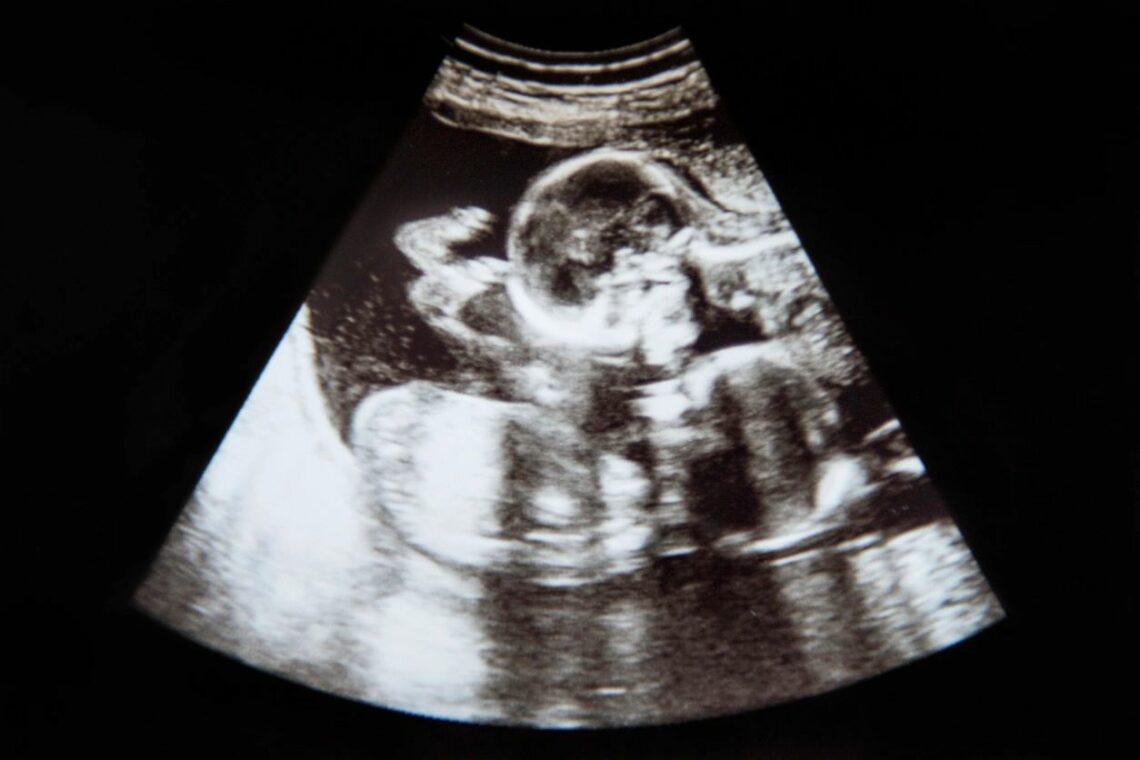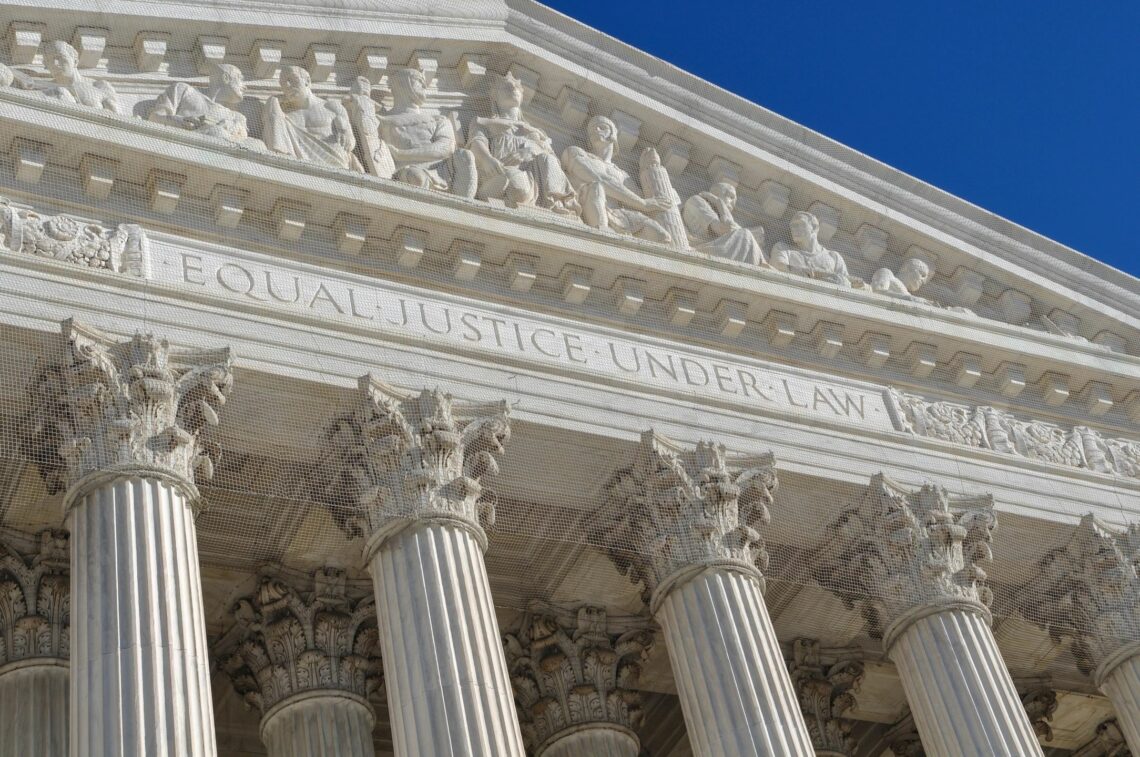Those opposed to the pro-life movement think that their opponents have a nefarious motive for their activism: “they don’t really care about babies. They just want power or control, or they just want to win.” In the following debate, the Hitch makes this explicit. Watch Bill Craig’s response. Starts at 1:16: Craig’s response is right. The Hitch presumes that Christians don’t have the intellectual resources to care for people in the present. All they have is a hope that the future, post-resurrection world will be better. All the Christian talk about life is really a veiled attempt to control others. Craig’s response is the denial of this premise. He argues…
-
-
If Human, then Person
I am a person. So are you. A person is the kind of thing that one ought not kill without a good reason. If the little being inside the womb is also a person, then it ought to be protected as much as is possible. If so, then the state should secure this protection by granting legal rights to the little being in the womb. According to the Christian, something is a person if it is made in the image of God. Furthermore, only persons are made in the image of God. Although God created cows, mountains, vegetables, and clouds, none of them are made in his image. “God created…
-
If You Support Acting to Mitigate the Effects of Climate Change, You Won’t Support Abortion
Imagine you are placed into a time travel capsule and sent 100 years into the future. Before you are jetted off, you are allowed to make some changes to the activities of human beings in the present that may make your life better or more tolerable 100 years from now. You have been studying climate science and it seems to you that there is a 50% probability that some of our activities in the present will have bad consequences 100 years from now. So, you make some changes to human activities that will perhaps mitigate the harmful effects of those activities. Then you are sent into the future. If what…
-
If I Am Glad I Exist, I Cannot Be Okay With Abortion
I am glad that I exist. I hope you are too. To be glad about one’s existence is to prefer it to be the case that one exits rather than one does not. If I am glad that I exist, then I don’t want the history of the world up until my existence to be significantly altered. This is because my existence is contingent upon an incredibly complex history leading to the joining of a particular sperm with a particular egg. Any other pairing would have produced someone else and thus I would not exist. It follows that if I am glad that I exist now, then I also don’t…
-
Some More Refutations of Pro-Abort Arguments
Jennifer Wright argues that pro-lifers ignore facts. Six of them. Well I don’t want to ignore facts. So, what are they? Are they true? Are they relevant to the moral status of abortion? First, Wright claims that fetuses are distinguishable from babies: “They can pretend fetuses are indistinguishable from babies, despite the fact that medical evidence tells us fetuses cannot live unsupported, even with a respirator before 21 weeks.” In other words, a fetus is a baby only if it can live unsupported. But if this was a condition for babyhood, it would be morally permissible to kill many babies who are already born. Many babies are born premature or…
-
Life at Conception: A Reply to Jean Kazez
According to Jean Kazez, it is implausible that life begins at conception. She suggests that an entity with life-status must be an entity that has continuity and can be individuated. To have continuity an entity must have identity conditions at t1 and t2. To be individuated an entity must have some set of conditions that set it apart from another entity. Kazez argues that the entity in the womb has neither until it is 14 days old. Thus, life cannot begin at conception. Her argument is as follows: (1) If it is a life, then it is a unified, continuous individual. (2) An embryo is not a unified, continuous individual.…
-
The Distinction Between Potential and Actual
The Maverick explains the distinction between actual and potential in abortion debates: “It is often said that a human fetus is a potential human life. Not so! A human fetus is an actual human life. Consider a third-trimester human fetus, alive and well, developing in the normal way in the mother. It is potentially many things: a neonate, a two-year-old, a speaker of some language, an adolescent, an adult, a corpse. And let’s be clear that a potential X is not an X. A potential oak tree is not an oak tree. A potential neonate is not a neonate. A potential speaker of Turkish is not a Turkish speaker. But an…
-
If Rights, Then God.
Victor Reppert’s reconstruction of the Roe v. Wade argument is illuminating: There is a constitutionally guaranteed right of privacy, of which we can be certain. In the case of abortion, the right of privacy must prevail unless there is a countervailing right of which we can be certain, such as the fetus’s right to life. This protects a woman’s right to consult with her doctor and decide whether or not to get an abortion. Just as it is a violation of privacy rights to make birth control illegal, it violates privacy right to prohibit abortion, unless a countervailing right can be established. But the fetus’s right to life cannot be…







